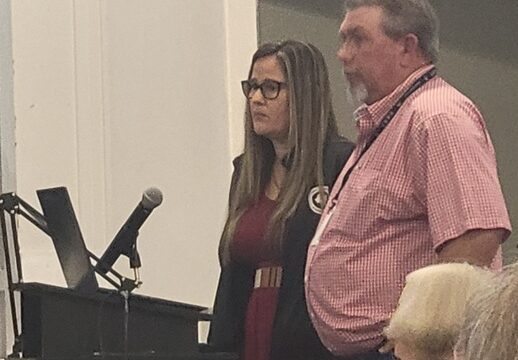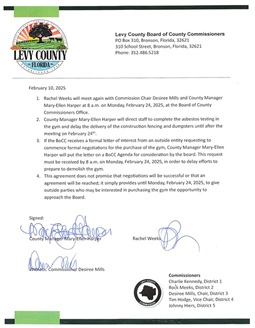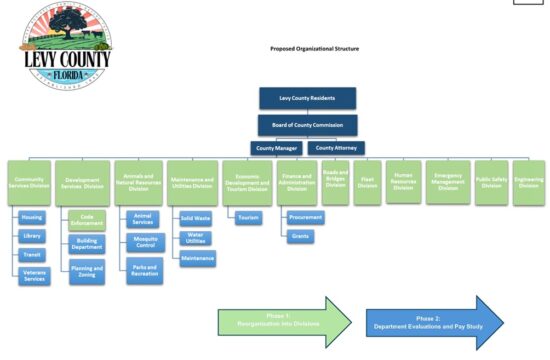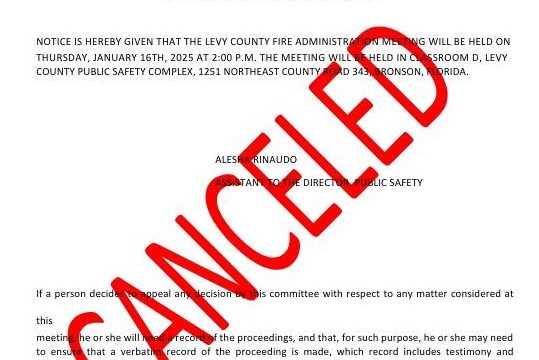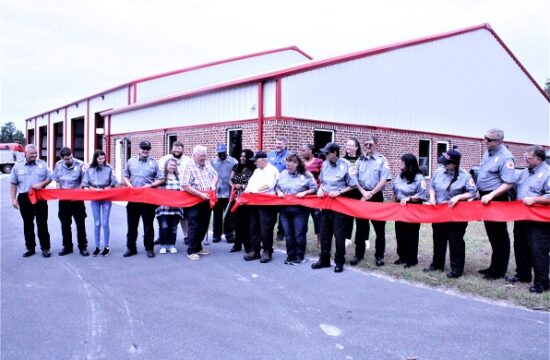By Terry Witt – Spotlight Senior Reporter
Union and county negotiators reached a tentative contract agreement Monday that gives paramedics, EMTs, and firefighters a $4 per hour raise when the contract is ratified in the next few weeks, and an additional $1 per hour increase on Oct. 1, 2023.
The International Association of Firefighters Local 4069 is in the final year of a three-year contract, but county government officials opened collective bargaining talks earlier than usual with the idea of offering higher salaries to stem the loss of paramedics and fill vacant positions.
Director of Public Safety Mitch Harrell said a paramedic resigned last week, leaving him with eight paramedic vacancies, but he said he has been contacted by a paramedic who has an interest in coming to work for Levy County. He hasn’t had a chance to return the call.
Harrell was forced to park the Fanning Springs ambulance due to a shortage of paramedics but has avoided shutting down more ambulances by using shift supervisors to work as paramedics in ambulances until the county can attract additional medics with higher pay.
He said the shortage of personnel has also forced him to mandate extra work shifts (mandatory overtime) for the paramedics and EMTs until the vacant shifts are filled.
“My big thing is I hope these salaries will attract applicants that can fill some of these vacancies and relieve some of the pressure on our current employees that work mandatory overtime. My hope is we fill all of our positions and mandatory overtime will be rare,” Harrell said.
IAFF President Ryan Tietjen said he doesn’t feel great about the contract offer but believes it will be approved by union members, in part because he believes the county was on the verge of switching to a private ambulance service if contract talks failed.
“I don’t feel that good about it. They weren’t willing to budge on anything. They were willing to keep the truck in Fanning Springs shut down because of station assignments. They were wanting to go to impasse,” Tietjen said. “Like I told them in the meeting, we’re only doing this for the citizens. We’re not doing this for us. If we didn’t go with this contract, I think the county was going to go private.”
County Coordinator Wilbur Dean said he is satisfied with the contract even though they weren’t able to clean up all the redundancies in the agreement, “but that’s no biggie.”
As for the possibility of the county switching to a private ambulance service if contract talks failed, Dean said the board hadn’t reached that point.
“That would have been a conversation — I don’t know, it hasn’t taken place yet,” Dean said. “It would have been something at some point during the year if we couldn’t have reached an agreement. I don’t know the direction, at some point, if we hadn’t been able to reach an agreement. I’m not sure what would have happened.”
County Labor Attorney Wayne Helsby will draft a final version of the contract using the language both sides agreed to and email it to IAFF 4069. The union is required to post it for 10 days to give its members time to read the details before a ratification vote can be taken. The Levy County Commission must also vote to ratify the contract.
The new contract takes away a benefit that union members wanted to keep regarding the use of sick leave. They can no longer count sick leave as hours worked when calculating overtime. County negotiators were dead set against continuing the practice.
Union leaders also wanted to continue using seniority as a means of determining who got the first pick of station assignments. Senior union members picked station assignments that fit their schedules. But Harrell said senior members of the union were keeping the prized station assignments too long and he was losing employees that got stuck at unfavorable locations.
“We had former employees who said it wasn’t the only reason they left but it had something to do with them leaving because they were stuck at certain stations,” Harrell said.
Tietjen said some of the paramedics don’t live in Levy County and they have to drive a considerable distance to work. He said he has to drop his children off at school and then try to reach work by 8 a.m. He said he can do it provided he doesn’t get held up at traffic lights. But he said some station assignments could create problems for him by increasing drive time to work.
Under the county’s new bidding system for station assignments, if a paramedic or EMT is assigned to a work station, it will be three years before they can get back to the same station if it’s their top choice.
Harrell explained it this way.
“Basically, they choose their station and assignment is based on seniority,” he said. “The next year they will have to bid another station other than the one they are at, and the following year they will have to bid something other than the stations they were at the two previous years.”
The union suggested a two-year rotation rather than three years, but the county rejected their offer.
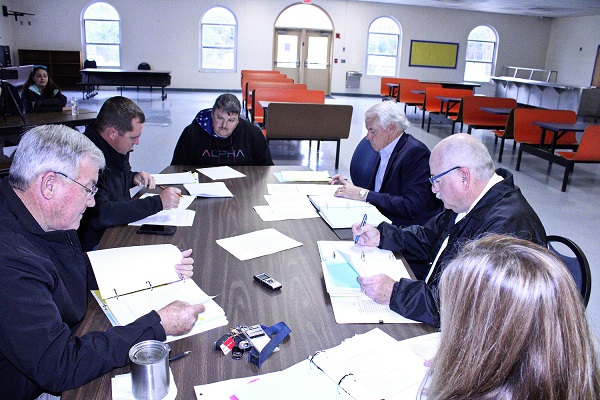
—————————–
Enterprise Reporting by Terry Witt February 7, 2022; Posted February 7, 2022



